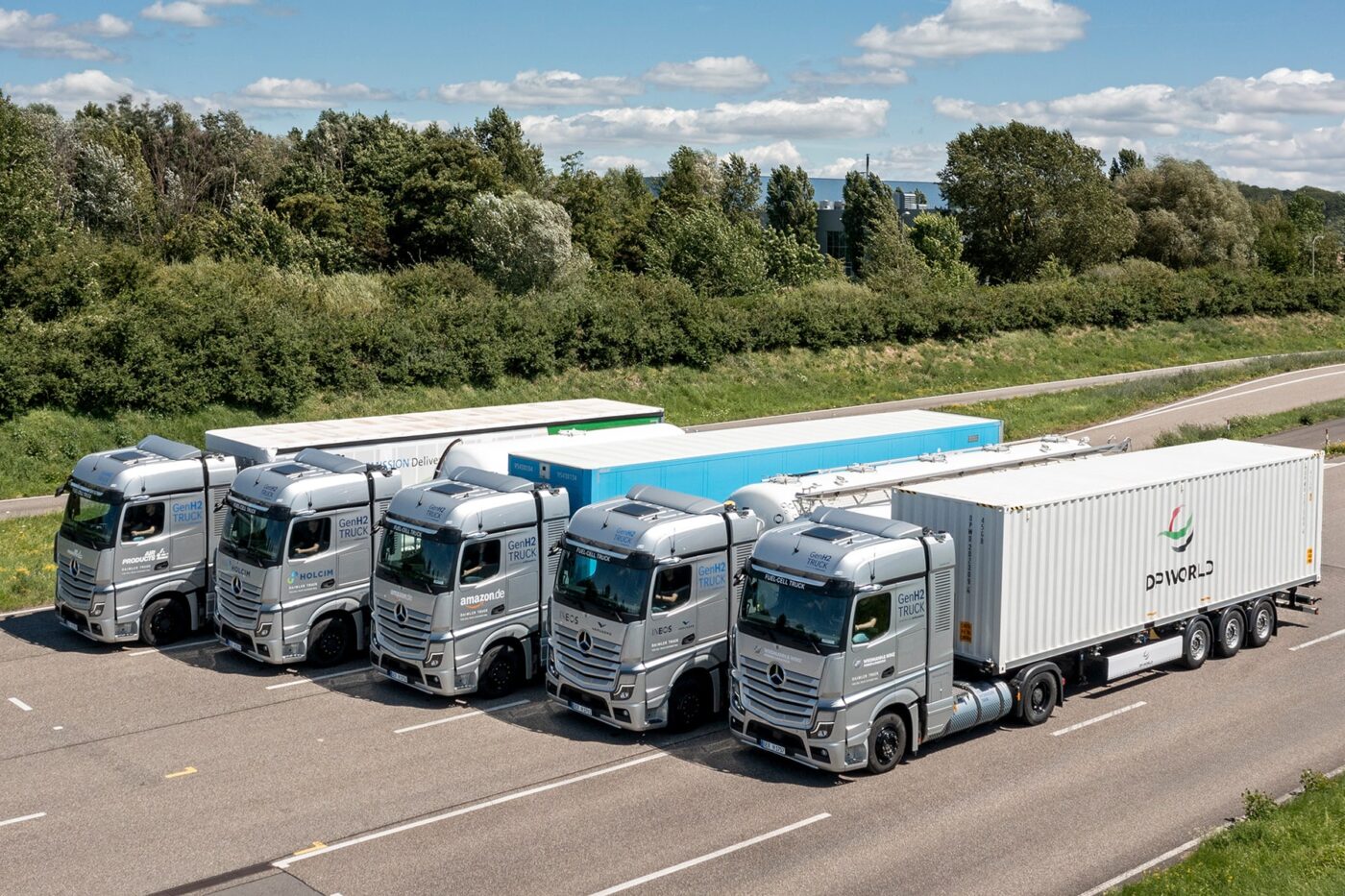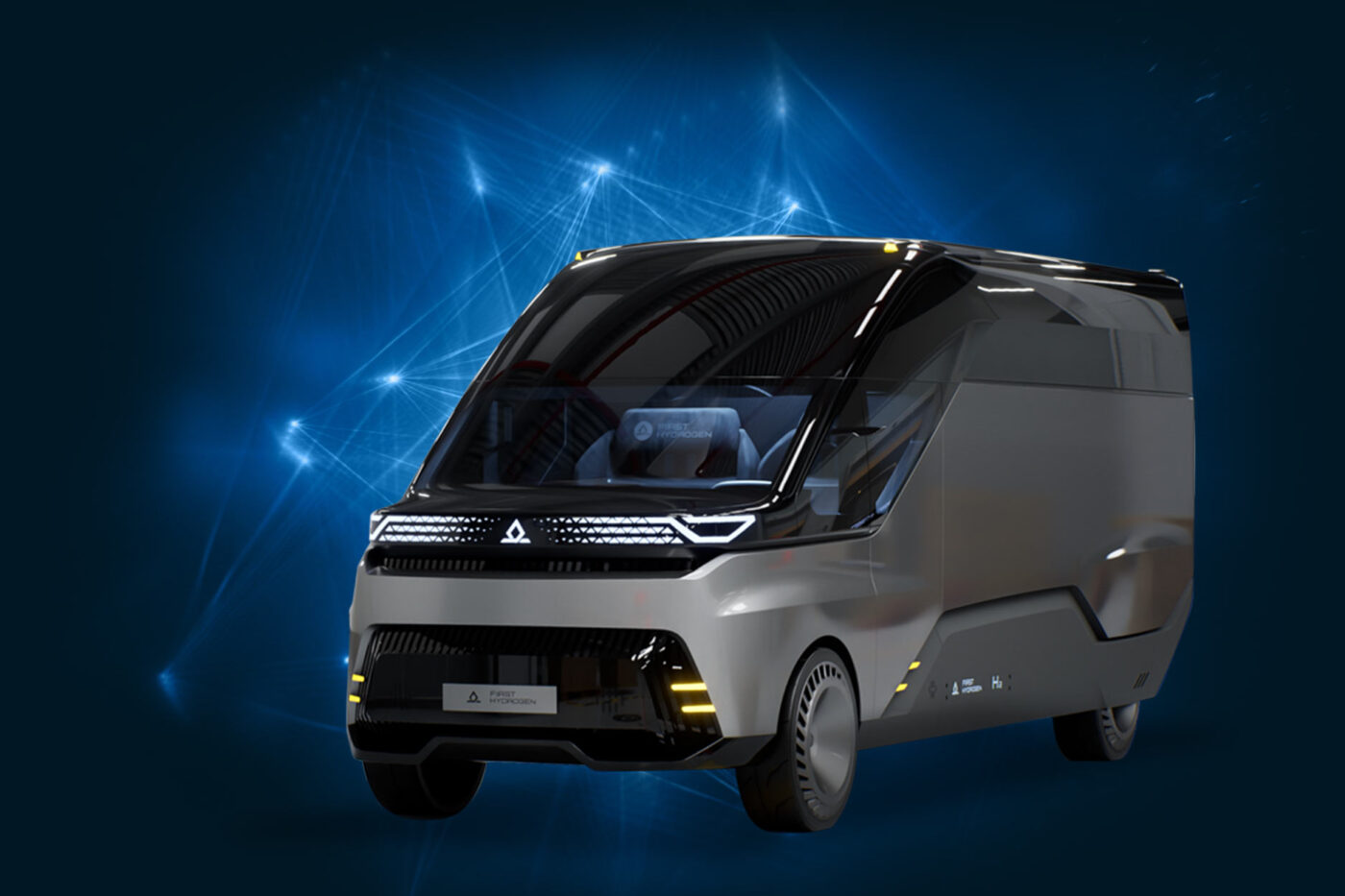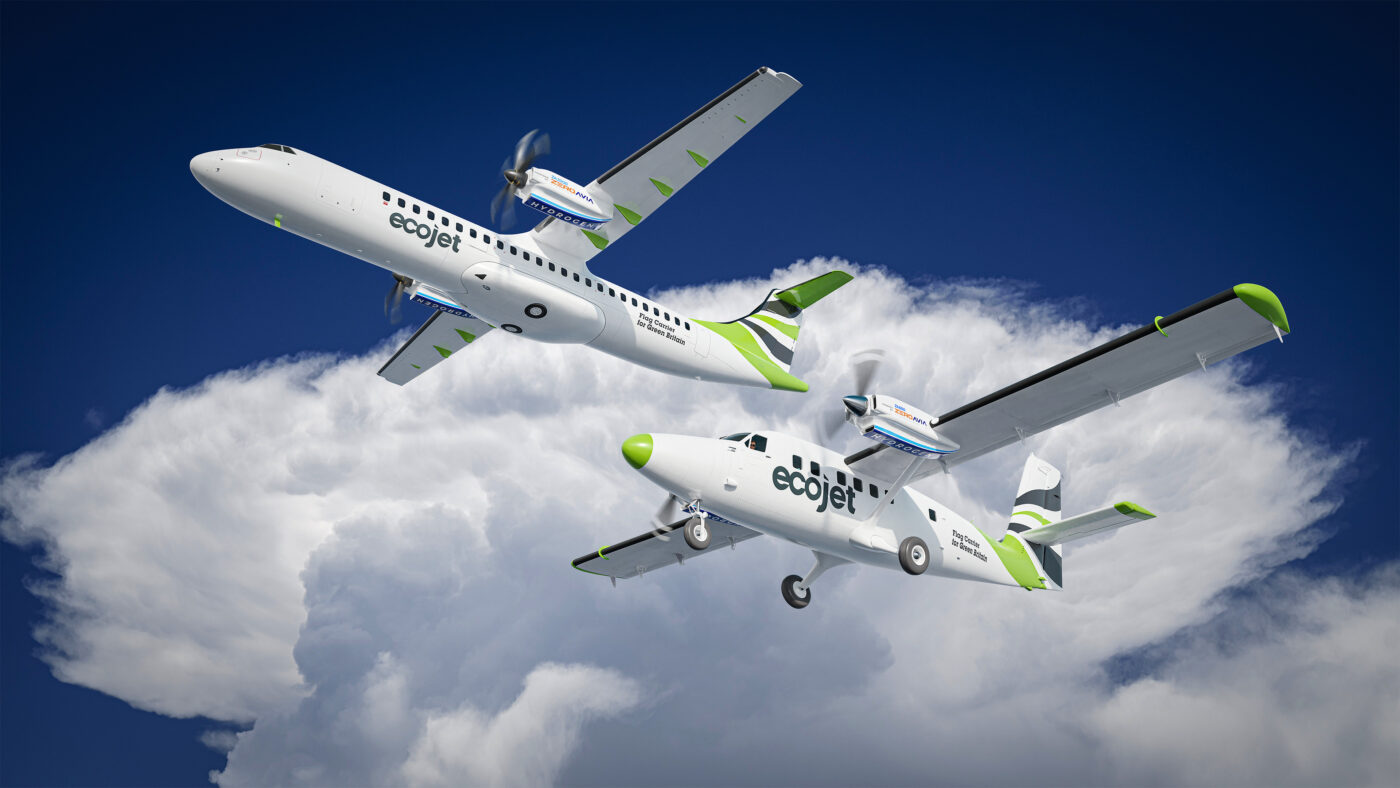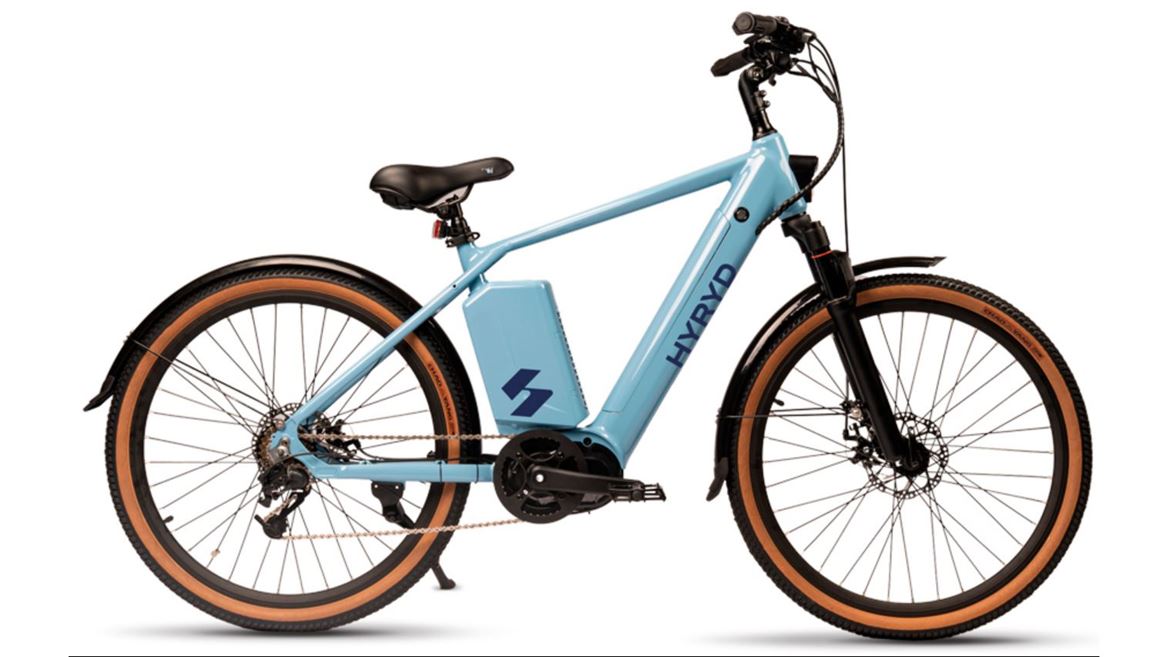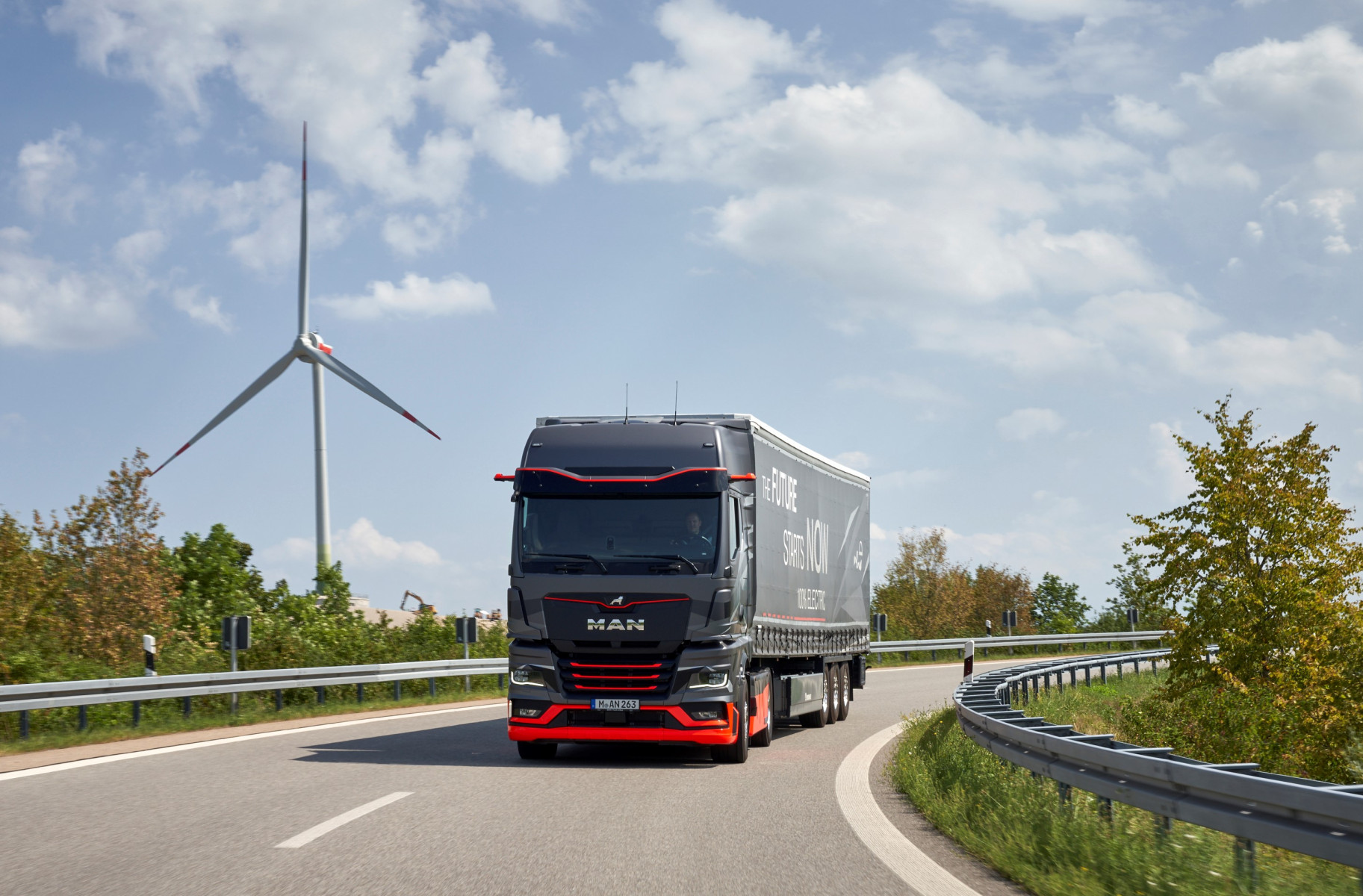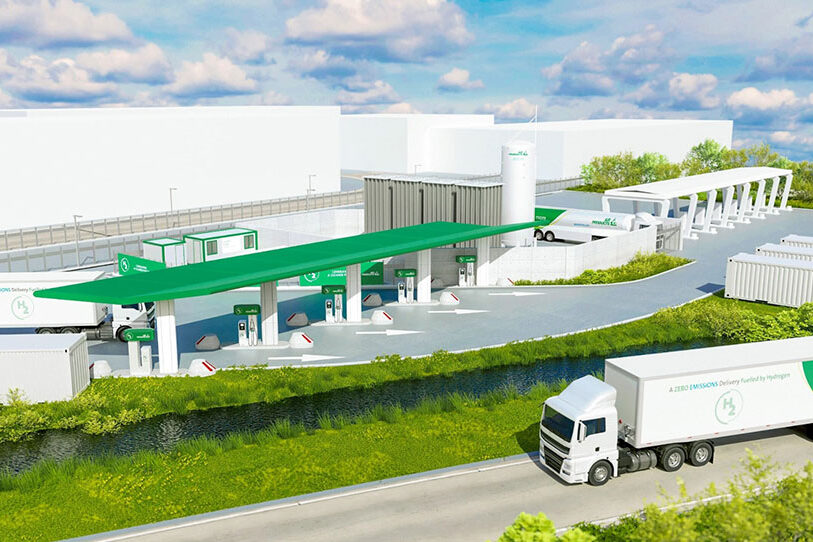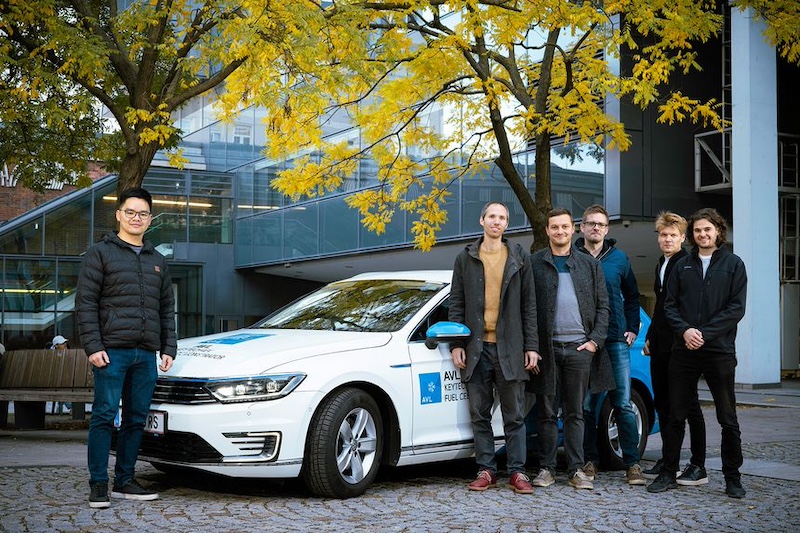Daimler Truck has begun the next phase of its GenH2 Truck program by delivering five pre-series fuel cell trucks to customers for real-world testing. This step follows extensive internal testing and marks a significant move towards series production.
The Mercedes-Benz GenH2 trucks will be tested by Air Products, Amazon, Holcim, Ineos, and Wiedmann & Winz. “After a rigorous testing phase on the test track and public roads, the Mercedes-Benz GenH2 Trucks have now reached an advanced development stage for deployment in the first customer fleets,” Daimler Truck announced.
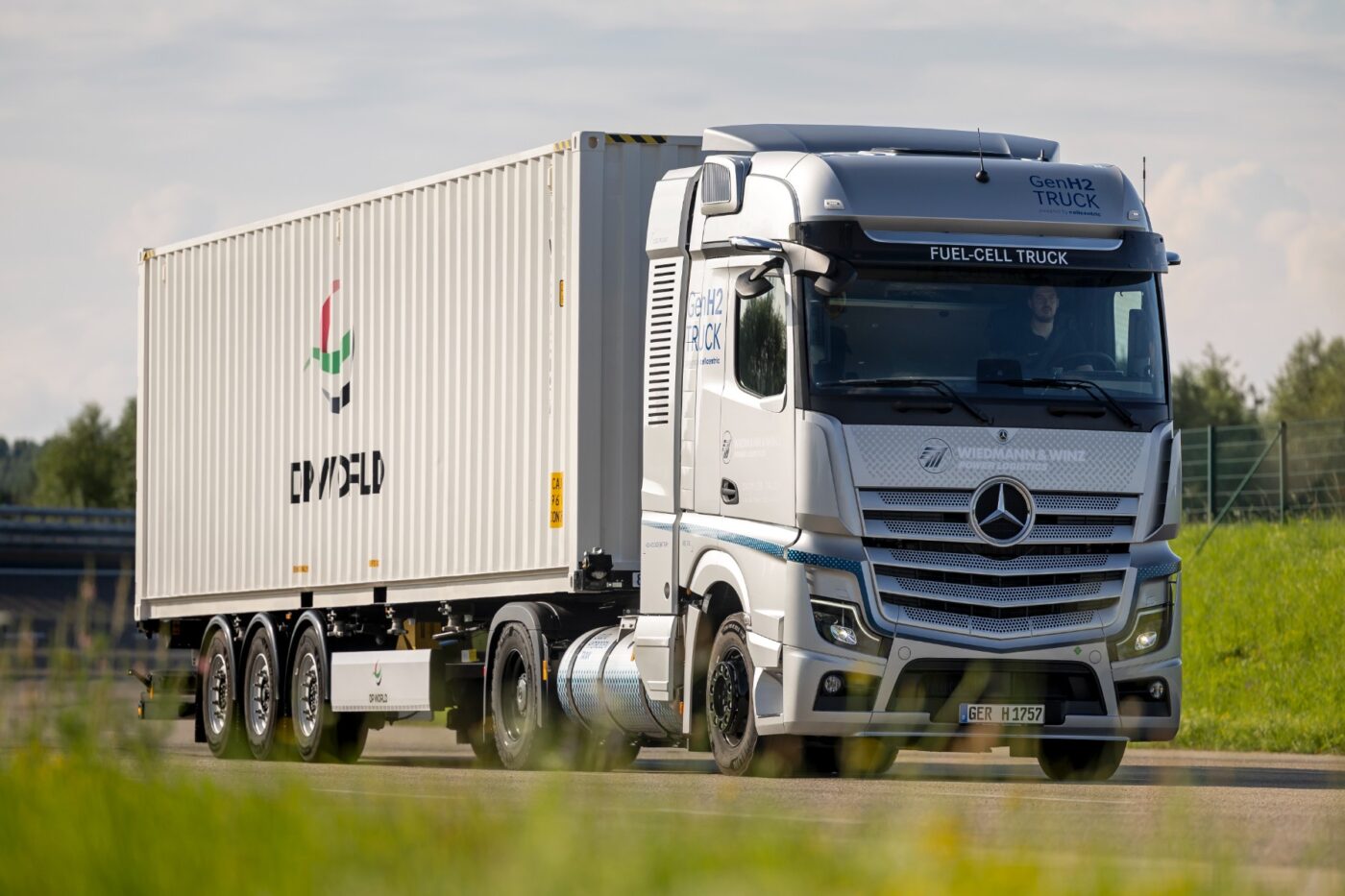
The GenH2 Truck is equipped with two fuel cell systems from the Cellcentric joint venture, offering a combined output of 300 kW (2x 150 kW). A 70 kWh battery provides up to 400 kW for peak demands, such as acceleration or climbing. The truck features a total continuous output of 2 x 230 kW and a maximum output of 2 x 330 kW, with a torque of 2 x 1,577 Nm and 2 x 2,071 Nm. The cooling and heating system is designed to enhance the longevity of the fuel-cell and battery systems.
Unlike the battery-electric eActros 300 and 600, which use standard CCS charging stations, the GenH2 trucks rely on cryogenic liquid hydrogen (sLH2) for refueling. This hydrogen is stored at -253 degrees Celsius in vacuum-insulated tanks and can only be refueled at two specialized stations in Wörth am Rhein and Duisburg. Linde is providing the refueling infrastructure.
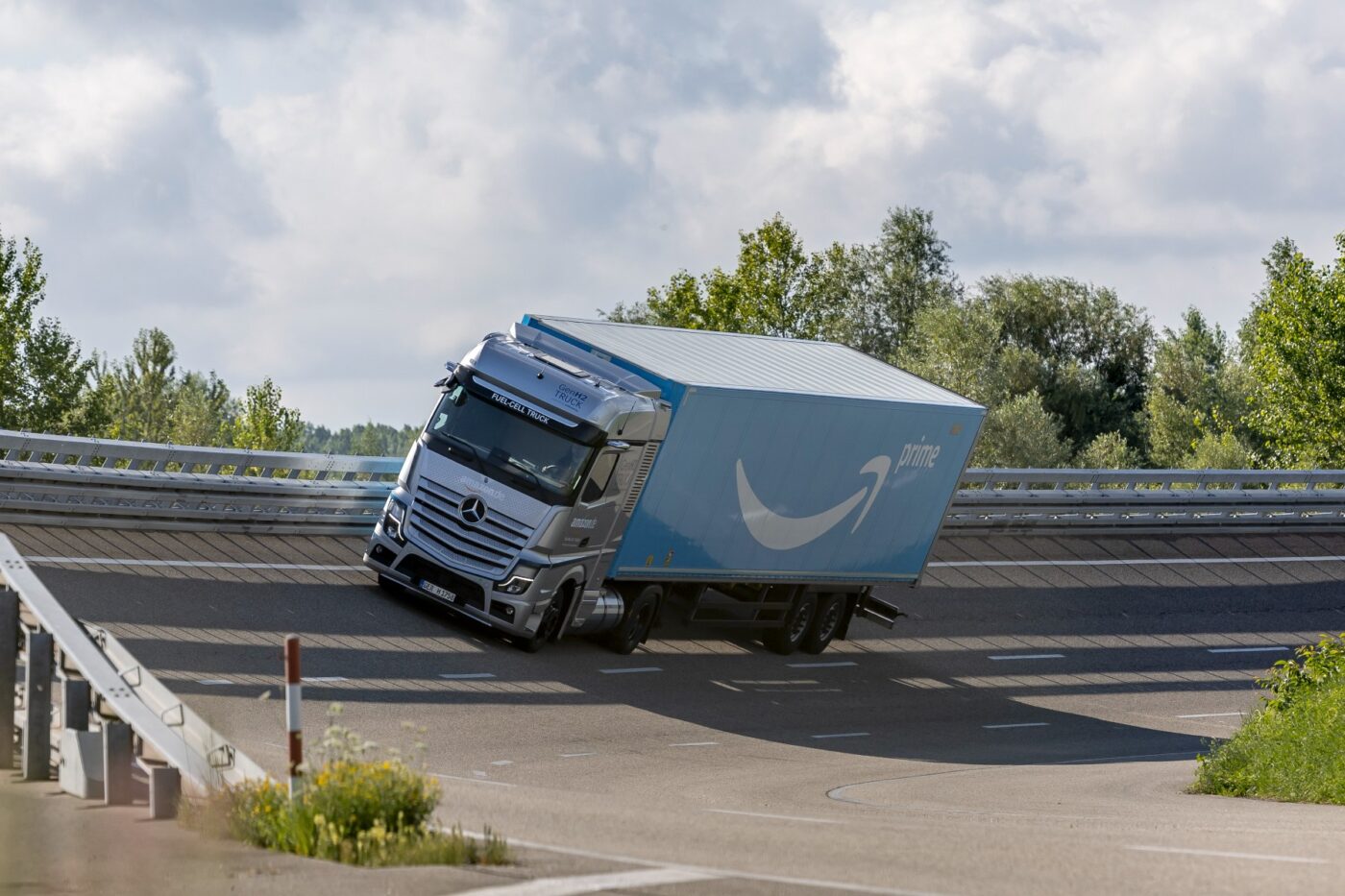
The GenH2 trucks will be deployed in various long-haul applications across Germany. Amazon will utilize them for logistics, Air Products for gas transport, Wiedmann & Winz for sea containers, Holcim for building materials, and Vervaeke, part of Ineos, for PVC and vinyl.
Daimler Truck CEO Martin Daum highlighted the importance of parallel development in battery-electric and hydrogen drives. “With regard to hydrogen drives, we are now taking another important step towards series readiness,” Daum said. “However, high-performance CO2-neutral vehicles alone will not be enough to make sustainable transportation successful. This also requires a corresponding charging and refueling infrastructure, as well as cost parity with conventional vehicles.”
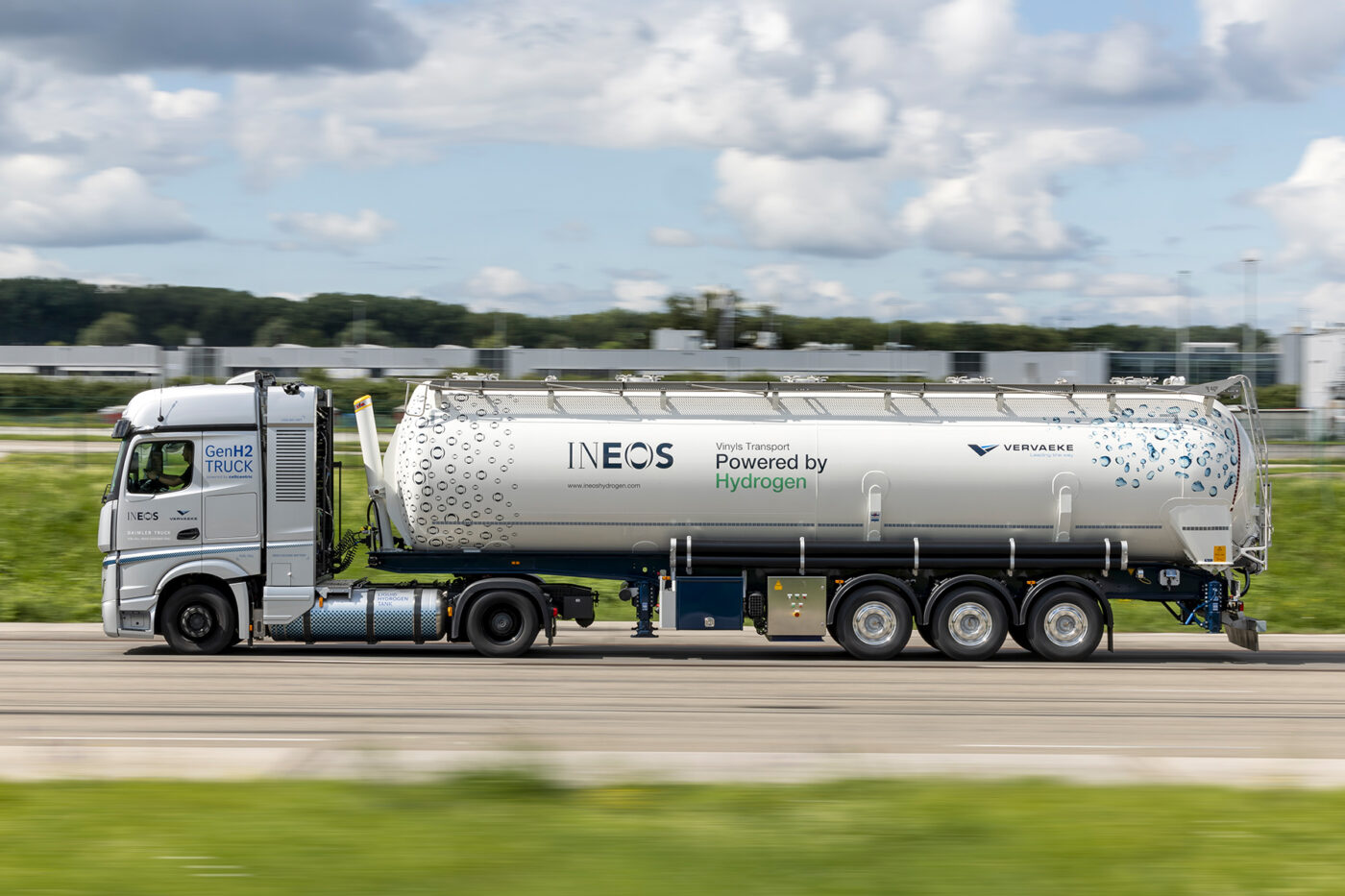
VDA President Hildegard Müller stressed the need for a comprehensive hydrogen infrastructure. “Particularly when it comes to heavy-duty commercial vehicles, e-mobility cannot be equated exclusively with battery-electric drive,” Müller said. “The fuel cell drive powered by hydrogen must also be considered as part of the diversity of available technologies.”
The customer trials are expected to provide valuable insights into the real-world performance of hydrogen fuel cell trucks and inform future fleet planning decisions.

